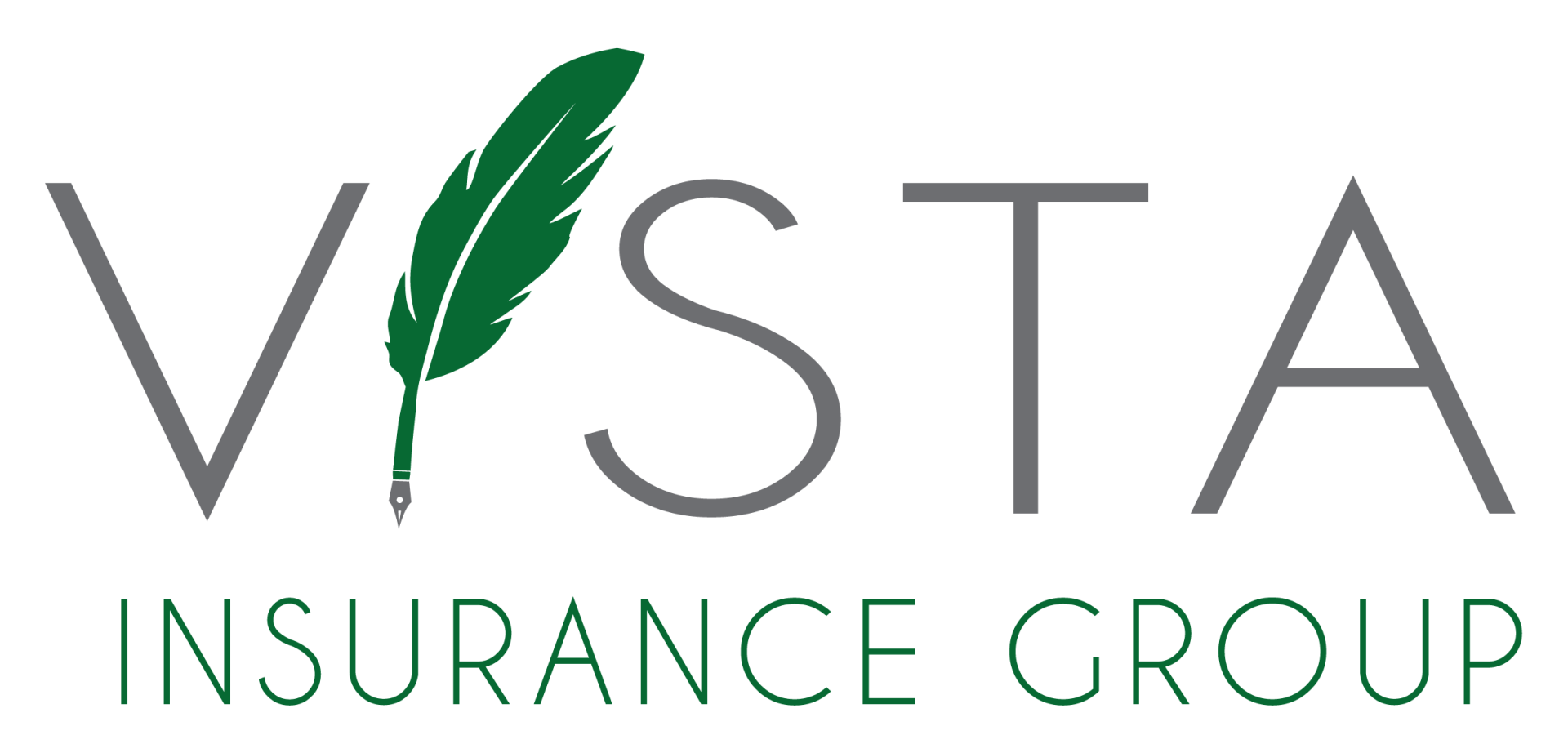5 Ways to Find Your Financial Independence This Year
Achieving financial independence is a goal that almost everyone has. It brings you the personal freedom to do what you want. For most people, however, debt is a significant roadblock. In fact, the average adult has around $90,460 in debt.1 This includes all types of consumer debt such as credit cards, personal loans, student loans, mortgages and auto loans.
The good news is, there are strategies to pay down debt and work toward financial independence. How can you do this? Here are five actionable ways to start working towards more financial freedom this year.
Way #1: Make a Budget and Stick to It
If you want to be certain that your bills will be paid and savings goals are on track, then you need to set a monthly budget and do your best to stick to it. If you’re used to spending and saving as you please, sticking to a strict budget will feel hard at first. But over time, consistency in your spending habits will make following a budget easy and natural. Holding yourself accountable can help deter impulse buys, splurges and make your savings goals a bigger priority.
Way #2: Pay off Your Credit Cards in Full
Credit cards have high-interest rates that can grow your debt every month they aren’t paid off. If you’re able, pay off your credit card balance in full each month. Additionally, pay them on time to help you build good credit. If possible, it’s best to treat your credit card like a debit card, meaning you don’t spend more than you have. Once you have high-interest debt like this paid down, you can focus on low-interest debts like mortgages, auto loans and student debt.
Way #3: Opt for Automatic Savings
One of the most effective ways to save more money is to automate the process. Determine how much you’re able to contribute to your savings account each month and set up an automatic transfer with your bank. Soon, you’ll forget this is even happening.
If your company offers a retirement savings plan, you may have the option to automatically defer funds from your paycheck to the account. Again, this is something that will happen without action from you, making it an easy and convenient way to build retirement savings.
Way #4: Look For Opportunities to Increase Your Income
Increasing your income is easier said than done, but it’s not impossible. If you’ve been at your job for a while and taken on added responsibilities, now may be an opportune time to speak to your boss about a pay adjustment. Or, searching for opportunities elsewhere could result in a bump in salary.
If you have a hobby you’re passionate about, look for opportunities to make some money with it. Put your art up for sale online, offer classes (cooking, dancing, gardening, etc.) through your local rec center or find odd jobs you can do on the weekend.
If you do find yourself able to increase your income, be sure to revisit your budget and determine how that additional money should be used. If it’s being spent frivolously, it’s not helping you work toward greater independence.
Way #5: Begin Building Your Portfolio
Once you have control over your debt, you’ll want to focus on building passive income - which can be done through a retirement plan or investments. Start off simple by contributing to a retirement account. Even small contributions now can grow significantly toward retirement through the power of compound interest.
If you’re looking to expand, consider working with an investment advisor or other financial professional.
As you involve yourself in investments further, you may find other opportunities to invest as well, such as real estate, collectibles, or other alternative investment classes.
Achieving financial independence isn’t something that happens overnight. If you plan and save, however, it really can pay off for you in the long run. Not only does it help you to build savings, but it starts strong habits for the future. If you're unsure where to start, an experienced financial professional can help address your concerns and develop tailored strategies going forward.
This content is developed from sources believed to be providing accurate information, and provided by Twenty Over Ten. It may not be used for the purpose of avoiding any federal tax penalties. Please consult legal or tax professionals for specific information regarding your individual situation. The opinions expressed and material provided are for general information, and should not be considered a solicitation for the purchase or sale of any security.










